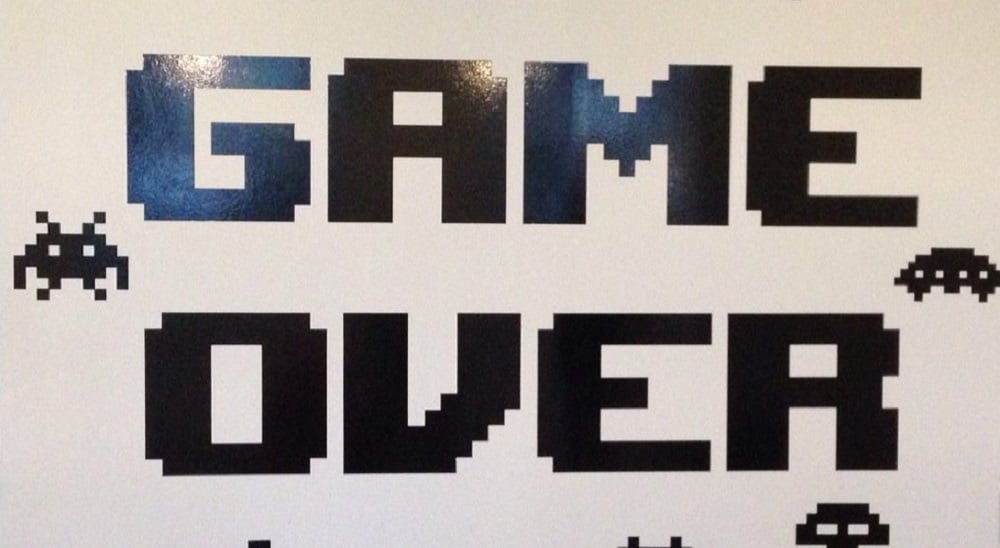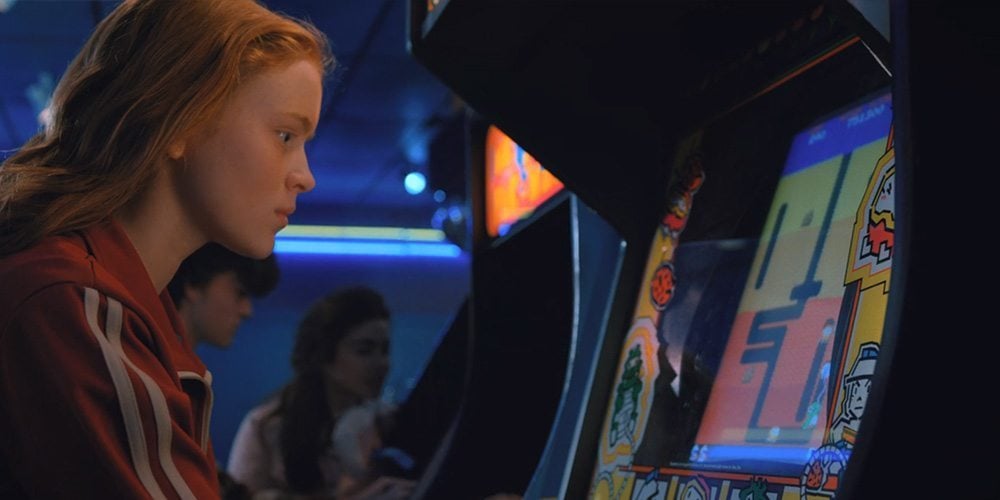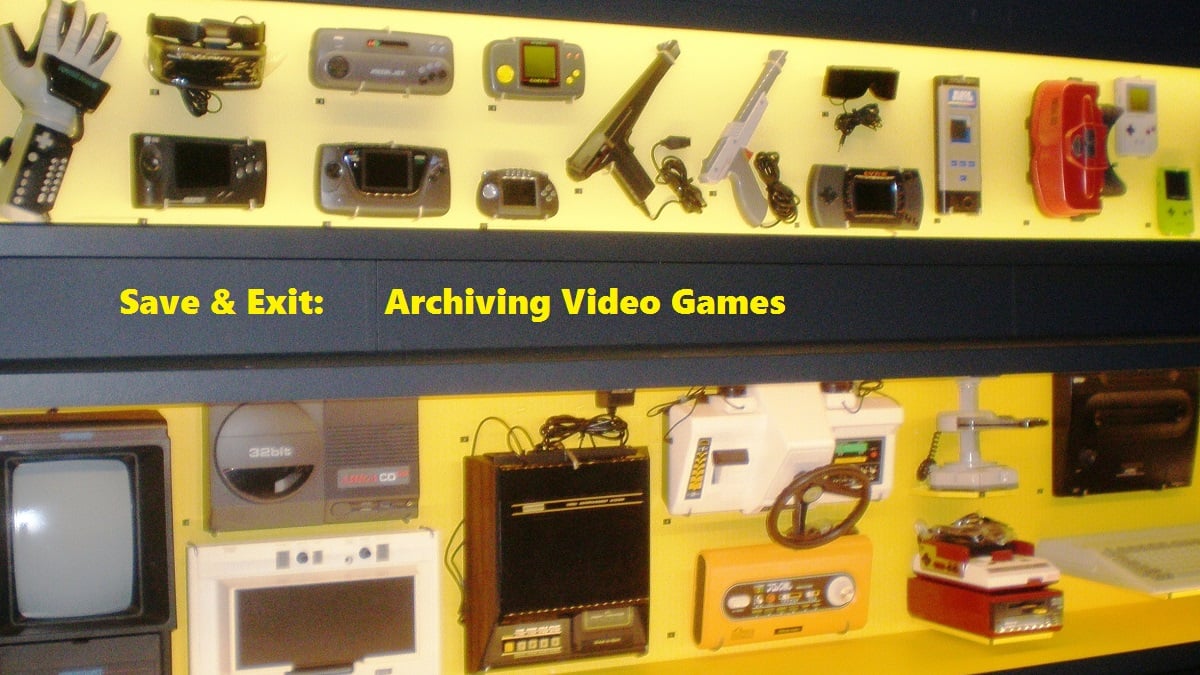The National Film and Sound Archives of Australia (NFSA) announced last week it will start collecting Australian video games for archival preservation. To be honest, I’m surprised it has taken this long for Australia to recognize the cultural significance. The US Library of Congress has been collecting video games since 2006; The British Library has been doing the same since 2012. However, it would seem to archive computer games is far more complex than the average person may realize. As recently as last year, the US Library of Congress recognized the legality of game preservation within certain limits. Like most things, it comes down to social benefit vs money.
How to Collect, Preserve, and Archive Computer Games
Before you run off to the attic and look for that really old copy of E.T. the Extra-Terrestrial, I should point out to you how archiving computer games is more than simply collecting the game and its mint-condition box.
To preserve a video game for archiving, you need to include the development source code, art assets, digital copies of the games, and the specialized hardware such as consoles and arcade games. Any printed media for the game is also appreciated, including manuals and magazine reviews from before the “interwebs told us everything.”
It’s hard enough trying to archive a media format that relies on specialized hardware to execute the program and present the software in an accessible format for the general public. Add to this the ever-evolving nature of technology and the high degradability of most memory-storage (eg. floppy disks or tapes), and you have one highly fragile system with a bonus difficulty level for data recovery.
If you still think this sounds like an easy process, let me introduce the wonderful world of Intellectual Property. A perfect example of this is the infamous “Video Game Crash of 1983” when big-name game developers went on a shopping spree for smaller developers and bought up a plethora of games and source code. Subsequently, unique indie games that were the treasure trove of many geeky households were lost or destroyed, leaving our dreams of preservation resting in the hands of those holding personal copies in their original formats.

This legal roadblock was relaxed a little bit in 2018, and by “little bit” I mean “within the confines of intellectual property and archiving laws that will not hinder the commercial viability of our nostalgic hopes and dreams.” In 2018, the Librarian of Congress (US) and the US Copyright Office allowed for several exemptions to the Digital Millennium Copyright Act (DMCA) to allow older video games to be preserved and archived.
For example, many game publishers contended they were aiding the preservation of computer games through remasters and re-releases, and thus should be able to protect the security of their source code and design. However, the new exemptions allow recognized institutions to legally possess a copy of the video game’s server code and local code for the purpose of preservation. Unfortunately, the server code needs to be obtained legally to count for exemption. Thanks to the profits made from “remastering” our youthful memories, the chance of any big-name game publishers releasing that info is highly unlikely.
Why Archive Video Games
This seems like a helluva lot of work for what is essentially cataloging my basement. What’s the big deal?
Well, I’m pretty sure I’m preaching to the choir here, but we are talking about video games!!! This is a cultural revolution of our social lives! Video games represent modern life in a variety of settings, giving insight into our daily activities, social commentary, and personal interests. They are entertainment, they are artistic, they are a statement of our technological advancements.
Video games are both a social and personal medium. In the early days, arcade games were a magnet for people to challenge themselves and each other. It was my first real taste of competition against the worthy nemesis who would pip my high score every Friday after school. I hated LSK so much. And I also admired them.
At home, video games were a personal love. The collection of games available were (and still are) as much a reflection of contemporary interests as they have been on pop culture in general. Space Invaders, Pitfall, Donkey Kong—all games that I now associate with my brilliant and slightly exaggerated youth. The family Commodore 64 was as much a part of my life as the books I read and the movies I watched. If you are archiving movies and books, then you should also be archiving video games.

Japan, considered the home of video games, has been archiving video games since 2011. The US Library of Congress has been collecting their games since at least 2006. The British Library joined in this movement around 2012. Australia is a little late to the party, but to be fair, they were probably watching the copyright kerfuffle taking place in the US before deciding whether or not it would be worth their while.
What Video Games Will Australia Archive
Here’s the fun part. The National Film and Sound Archive of Australia (NFSA) has just announced they will be collecting games for archival preservation representing the cultural diversity and experience of all Australians. Being the most recent nation to start archiving their video games, it is a fresh look at which games they value right now and why.
The NFSA has listed eight (8) games to start off the collection:
- The Hobbit (Beam Software, 1982)
- Halloween Harry (Interactive Binary Illusions / Sub Zero Software, 1985/1993)
- Shadowrun (Beam Software, 1993)
- L.A. Noire (Team Bondi, 2011)
- Submerged (Uppercut Games, 2015)
- Hollow Knight (Tem Cherry, 2017)
- Florence (Mountains, 2018)
- Espire 1: VR Operative (Digital Lode, 2019)
I have played a grand total of five (5) of the games listed; my favorite will always be The Hobbit. What I love most about this list the amazing variance between art, presentation, style, and storytelling for each of these games. They have really put some thought into grabbing a bit of everything out there.

From now until March 9, 2020, Australians will have the opportunity to see these games and many others as part of the Game Masters: The Exhibition, currently on show in Canberra (ACT). The same exhibit showcased at the Powerhouse Museum in Sydney in 2013, so there is a fair chance it will continue around Australia. Stay tuned for more updates. Similar exhibitions have been shown across other nations around the world; eg. The Smithsonian American Art Museum had a national tour of The Art of Video Games from 2012 to 2016. Check your local news providers for events in your area.
In the meantime, what game would you nominate for archiving?





Outsourcing can help expand the tech capabilities of in-house employees.
Go to our website to find more details.